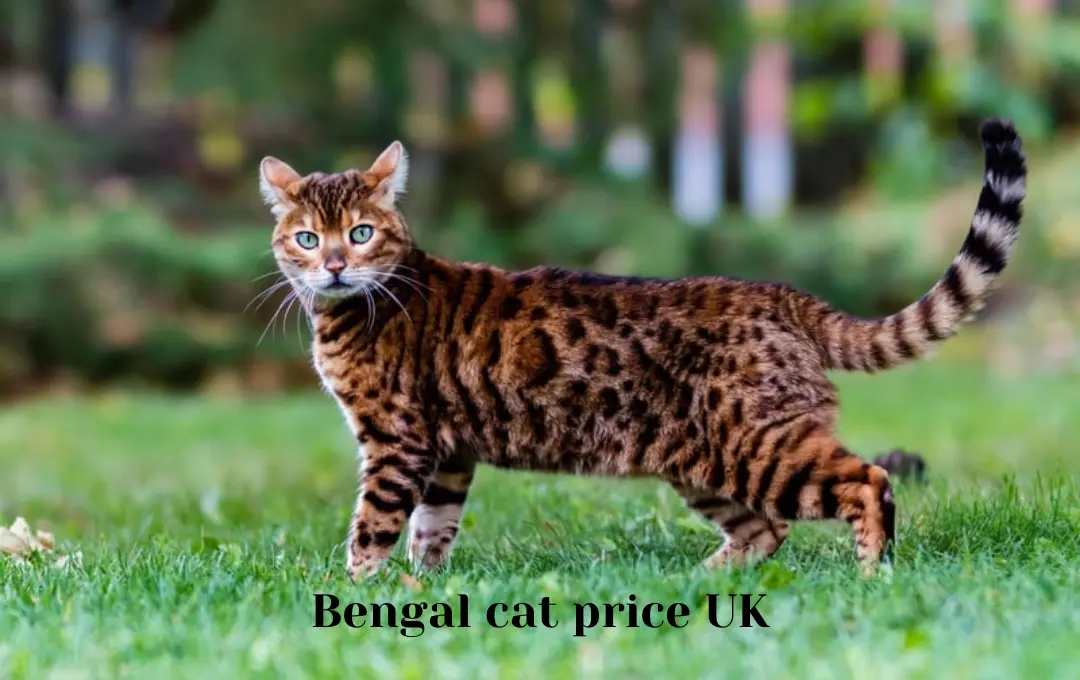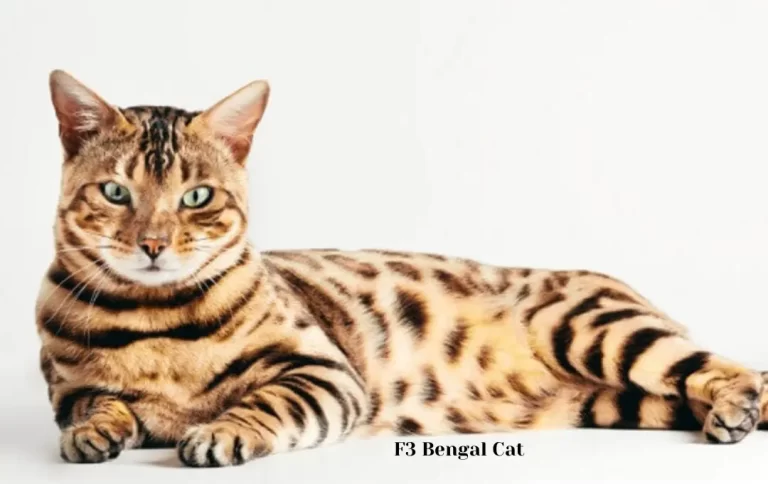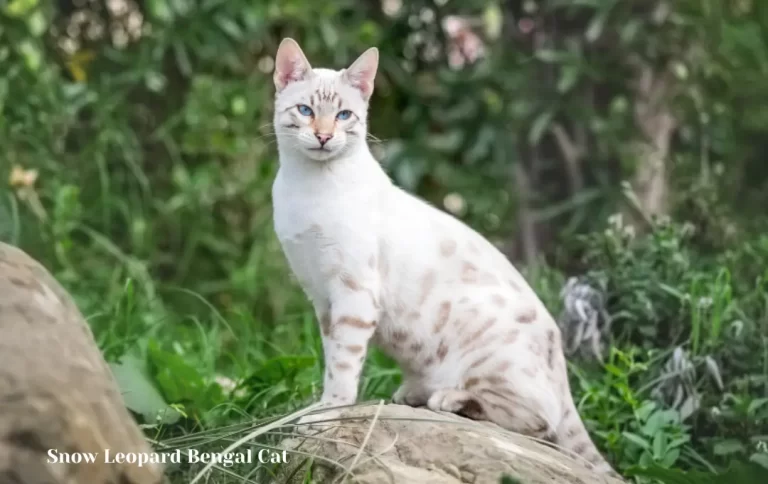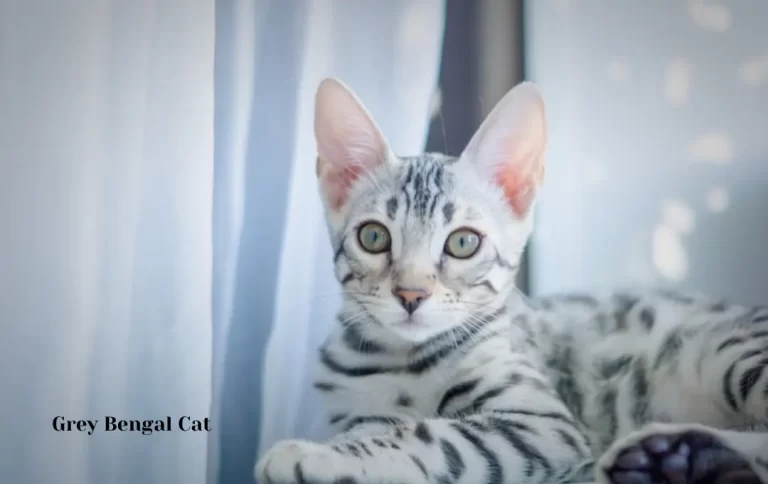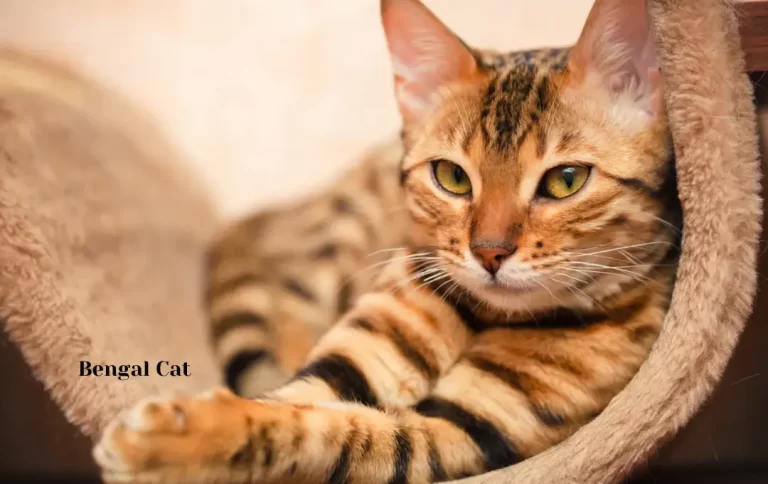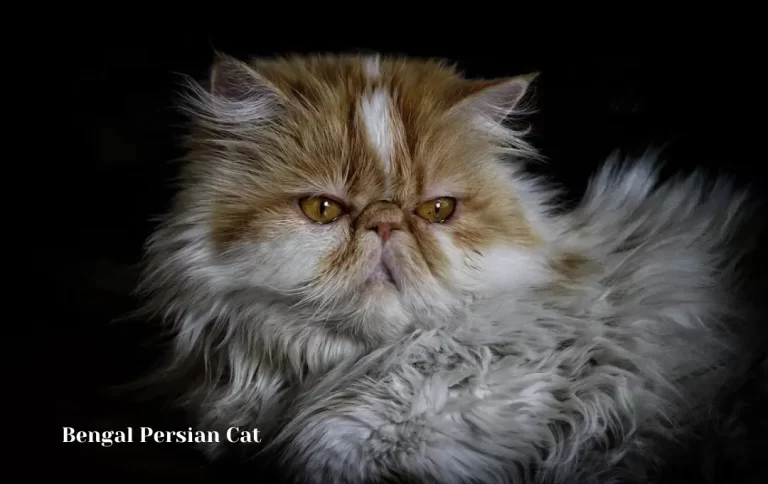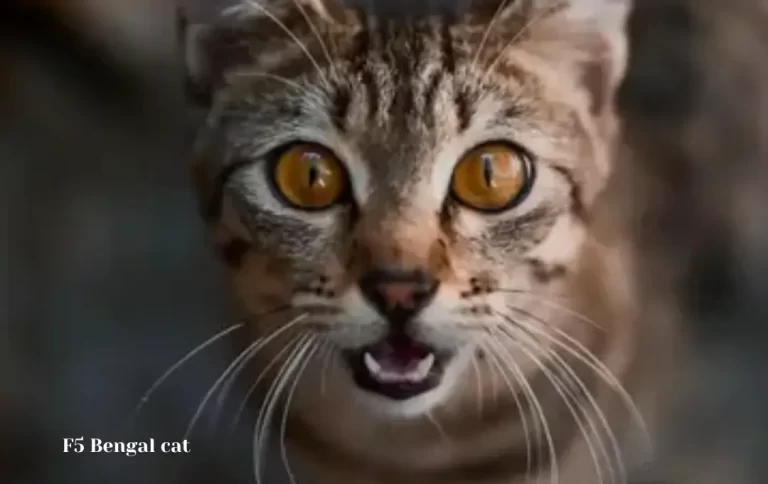Competitive Bengal cat price UK | Bengal Kittens Cost with Complete Guide and Tips in 2023
Bengal cats have become extremely well-liked in the UK thanks to their wild appearance and affable disposition. These alluring cats have captured the hearts of cat lovers all around the nation with their eye-catching coat patterns that harken back to their wild ancestors. However, prospective Bengal cat owners frequently ponder the UK Bengal cat pricing considerations.
We will delve into the complexities of Bengal cat price UK in this extensive blog post and examine the different aspects that affect their cost. By being aware of these factors, you can choose wisely when bringing a Bengal cat into your UK home and guarantee a contented and rewarding connection with your feline companion.
The Growing Demand for Bengal Cats in the UK
Bengal cats are a relatively new and exotic breed that has quickly gained popularity in the UK. Their unique coat patterns, which can include rosettes, spots, and marbling, resemble those of their wild ancestors, the Asian Leopard cats. This wild appearance, combined with their affectionate and intelligent nature, has made them a sought-after addition to many UK families and individuals seeking an extraordinary feline companion.
Price ranges for Bengal cats in the UK
The Bengal cat price UK can vary significantly based on several factors and prospective buyers should be prepared for a wide price range. On average, Bengal cat price UK range from £800 to £2,500 or even more for exceptional show-quality kittens. However, it is crucial to understand that these prices are not fixed and may vary depending on various elements, including the cat’s lineage, coat quality, generation, and breeder reputation.
Bengal Cat Price UK: Factors at Play
a) Pedigree and Lineage
The pedigree and lineage of Bengal cats play a crucial role in determining their prices in the UK. Cats with well-documented ancestry from reputable breeders, boasting a history of producing top-quality Bengal cats, are often priced higher. Lineages that include champions and awards from cat shows contribute to the prestige and cost of the feline.
b) Coat Quality and Pattern
The distinct coat patterns of Bengal cats are another critical factor in their pricing. Bengal cats come in various coat patterns, including rosettes, spots, and marbling, closely resembling those of their wild ancestors. Cats with exceptional coat patterns, well-defined rosettes, and symmetrical markings are in high demand and may command a premium Bengal cat price in the UK.
c) Generation
Bengal cats in the UK are classified into different generations based on their proximity to their wild ancestors, the Asian Leopard cats. The generation of a Bengal cat refers to how many generations it is removed from the Asian Leopard cat.
- Early-generation Bengals (F1 to F3) have a higher percentage of wild genes and are relatively rare, making them more expensive in the UK. These early-generation Bengals are closer in lineage to the Asian Leopard cat and often exhibit more pronounced wild characteristics.
- Later-generation Bengals (F4 and beyond) have a higher percentage of domestic cat genes and tend to have a more domesticated temperament. As a result, they are generally more affordable and easier to handle as pets in the UK.
d) Show or Pet Quality
Bengal kittens destined for cat shows due to their exceptional traits and conformation are priced higher than those sold as pets in the UK. Show-quality kittens are carefully selected for their potential to excel in competitive events and contribute to responsible breeding programs.
Show-quality Bengal cats must meet specific breed standards set by cat organizations such as The International Cat Association (TICA) and the Cat Fanciers’ Association (CFA). These standards encompass specific coat patterns, body structure, head shape, and other characteristics that exemplify the breed’s standard.
Pet-quality Bengal cats may not meet all the requirements of the show standard but are still healthy, well-socialized, and make wonderful companions for loving homes in the UK. The price difference between show and pet-quality Bengal kittens can be significant.
e) Breeder Reputation
The reputation of the breeder significantly impacts Bengal cat price UK. Reputable breeders with a track record of producing healthy, well-socialized kittens in ethical conditions often charge more for their cats. They invest time, effort, and resources into their breeding programs to ensure the health, temperament, and overall quality of their Bengal kittens.
Responsible breeders in the UK prioritize the health and well-being of their cats, providing them with proper veterinary care, a clean and enriched environment, and ample socialization. They are transparent about their breeding practices and are willing to answer questions from potential buyers about their Bengal cats’ lineage and care.
On the other hand, some unscrupulous breeders in the UK may offer Bengal cats at lower prices, but these cats may not receive the same level of care and attention as those from reputable breeders. Buying from a reputable breeder ensures that you are getting a healthy and well-cared-for Bengal cat.
Responsible Ownership of Bengal Cats in the UK
Owning a Bengal cat in the UK is a long-term commitment that requires careful consideration and preparation. These intelligent, active, and social animals thrive in environments that cater to their specific needs. Before bringing a Bengal cat into your home in the UK, consider the following aspects of responsible ownership:

What are the responsibilities of a cat owner in the UK?
Cat owners do have a duty by law to take reasonable care to ensure that their cats do not injure people or damage property.
a) Financial Commitment
The initial cost of acquiring a Bengal cat is just the beginning of the financial commitment in the UK. Responsible ownership entails providing proper nutrition, regular veterinary care, grooming supplies, toys, scratching posts, and other necessary supplies. Bengal cats have specific dietary requirements, and providing them with high-quality food is essential to maintain their health and well-being.
Routine veterinary check-ups are also crucial to monitor your Bengal cat’s health and catch any potential health issues early in the UK. It is essential to budget for these ongoing expenses to ensure your feline companion receives the best care possible.
b) Time and Attention
Bengal cats in the UK are highly intelligent and active animals that require mental and physical stimulation. They thrive on interactive play and social interaction with their owners. Neglecting their need for mental and physical enrichment can lead to boredom-related behavioral issues.
Allocate time each day for interactive play sessions with your Bengal cat in the UK to keep them engaged and mentally stimulated. Puzzle toys, interactive feeder toys, and playtime with feather wands are excellent ways to keep your Bengal cat mentally and physically active.
c) Space and Enrichment
Bengal cats in the UK are known for their love of climbing and exploring. Providing them with ample vertical space, such as cat trees or shelves, allows them to satisfy their natural climbing instincts. Additionally, offering various toys and enrichment activities will keep your Bengal cat entertained and prevent boredom.
Cat-proofing your home is also essential, as Bengal cats are curious and may get into mischief if they find items that pique their interest. Ensure all potentially harmful substances and plants are out of reach, and keep electrical cords secured to prevent accidents.
d) Understanding Behavior
Bengal cats in the UK, with their wild ancestry, may exhibit behaviors that differ from other domestic breeds. Climbing curtains, vocalizations, and assertiveness are some examples of their unique behaviors. Understanding and accepting their individual personalities will foster a harmonious relationship.
Training and positive reinforcement can help modify unwanted behaviors and strengthen the bond between you and your Bengal cat in the UK. However, it is essential to remember that they are individuals with their own quirks and personalities.
e) HealthCare
Bengal cats in the UK, like all breeds, are generally healthy cats. However, they may be prone to certain health issues, such as dental problems, heart disease (HCM), and hip dysplasia. Regular veterinary check-ups, vaccinations, and preventive care are crucial to keep your Bengal cat in the best health possible.
Grooming Bengal Cats in the UK
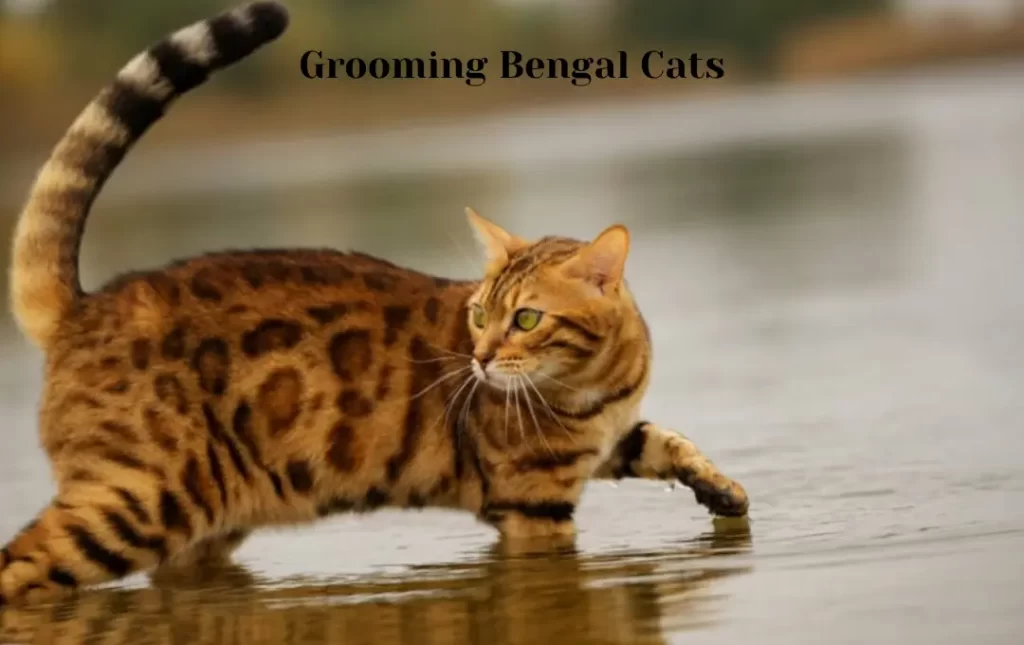
Bengal cats in the UK have a short, dense coat that is relatively easy to maintain. Regular grooming sessions are essential to keep their coat healthy and shiny. Here are some grooming tips for Bengal cat owners in the UK:
a) Brushing: Brush your Bengal cat’s coat regularly to remove loose hair and reduce shedding. Brushing also helps prevent hairballs, especially during the shedding seasons.
b) Bathing: Bengal cats generally do not require frequent baths unless they get particularly dirty. Use a cat-specific shampoo and follow the guidelines provided by your veterinarian or a professional groomer.
c) Nail Trimming: Regularly trim your Bengal cat’s nails to prevent them from becoming too long and causing discomfort. Be gentle and use cat-specific nail clippers to avoid accidentally cutting the quick.
d) Dental Care: Dental health is vital for Bengal cats. Introduce tooth brushing from an early age and provide dental treats or toys to promote good oral hygiene.
e) Ear Cleaning: Check your Bengal cat’s ears regularly for dirt or wax buildup. Use a cat-specific ear-cleaning solution and a cotton ball to gently clean the ears if necessary.
Bengal Cat Dietary Requirements in the UK
Proper nutrition is essential for the overall health and well-being of Bengal cats in the UK. As obligate carnivores, Bengal cats require a diet rich in animal-based protein. Here are some dietary considerations for Bengal cat owners in the UK:
a) High-Quality Protein: Choose a cat food with a high content of animal-based protein, such as chicken, turkey, or fish. Look for cat food brands that specify meat as the first ingredient.

b) Limited Carbohydrates: While some carbohydrates are necessary for energy, Bengal cats do not require a high-carb diet. Avoid cat food with excessive filler ingredients like corn or wheat.
c) Hydration: Ensure your Bengal cat has access to fresh, clean water at all times. Consider providing a water fountain, as cats are more likely to drink from running water sources.
d) Avoid Toxic Foods: Some human foods can be toxic to cats, including chocolate, onions, garlic, and alcohol. Keep these foods out of your Bengal cat’s reach.
e) Portion Control: Bengal cats are known to be enthusiastic eaters, so it’s essential to monitor their portion sizes to prevent overeating and maintain a healthy weight.
Consult with your veterinarian to determine the best diet plan for your Bengal cat’s specific needs, taking into account factors such as age, activity level, and any underlying health conditions.
Training Bengal Cats in the UK
Bengal cats are highly intelligent and can be trained to learn tricks and commands. Training not only provides mental stimulation but also strengthens the bond between you and your Bengal cat in the UK. Here are some training tips for Bengal cat owners:
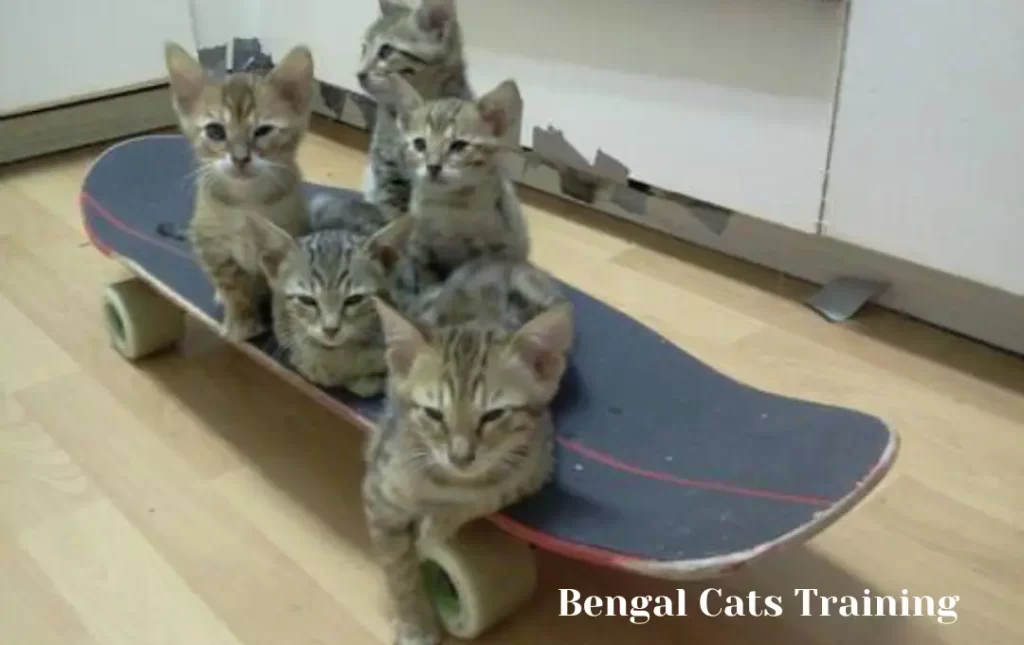
a) Positive Reinforcement: Use positive reinforcement techniques, such as treats, praise, or clicker training, to reward desired behaviors. Avoid punishment, as it can lead to fear or anxiety in your Bengal cat.
b) Start Early: Begin training your Bengal cat from a young age. Kittens are more receptive to learning and are less set in their ways compared to older cats.
c) Keep Training Sessions Short: Bengal cats have short attention spans, so keep training sessions brief and engaging. A few minutes of focused training per day is more effective than long, drawn-out sessions.
d) Be Consistent: Consistency is key in training your Bengal cat. Use the same cues and rewards consistently to reinforce desired behaviors.
e) Use Toys as Rewards: Incorporate interactive toys into training sessions. For example, use a wand toy as a reward for performing a trick or following a command.
Remember that training should always be a positive experience for your Bengal cat in the UK. Be patient and celebrate each small success along the way.
frequently asked question
Conclusion
Bengal cats have captured the imagination of cat enthusiasts in the UK with their wild appearance, affectionate nature, and striking coat patterns. The Bengal cat price UK varies significantly based on factors such as pedigree, coat quality, generation, and breeder reputation. Understanding these factors is essential to make an informed decision when selecting a Bengal cat to join your family.
Responsible ownership of Bengal cats in the UK requires a financial commitment, time and attention, space and enrichment, understanding behavior, and providing proper health care. By embracing the unique qualities of Bengal cats and preparing for their specific needs, you can build a strong and lasting bond with your feline companion, creating cherished memories for years to come.

